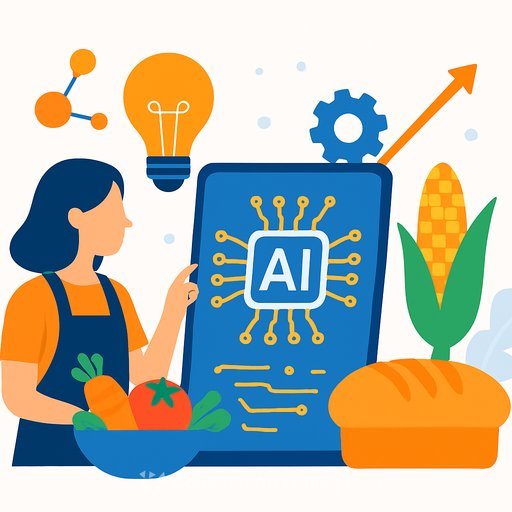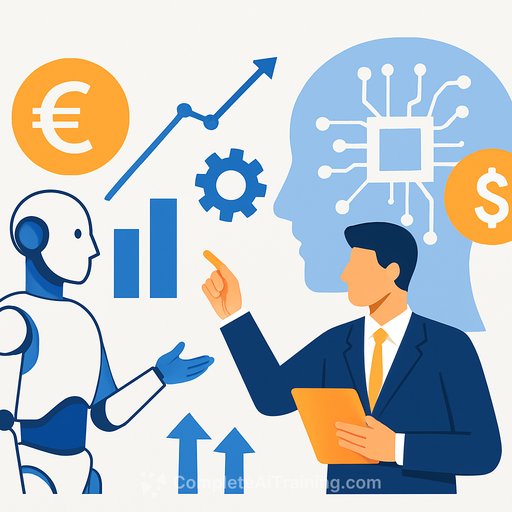The Future of Product Management Is AI-Native
AI is reshaping product management. This transformation is not about hype or chasing every new tool but about integrating AI thoughtfully to address real user needs. The core challenges users face haven't shifted much; what's changed is how AI enables us to solve them more effectively.
Why Every Product Manager Will Be an AI Product Manager
AI product management is no longer a niche skill. It’s becoming a fundamental aspect of the role. Successful product managers focus on user pain points and product strategy, using AI only when it offers the best solution. Avoid the trap of using AI just because it’s trendy.
Marily Nika’s Rapid Prototyping Approach
Speed is crucial. Marily uses a workflow that includes AI tools like Perplexity for user research, custom GPTs for generating specifications in her own voice, and v0 for UI mockups. This process lets her move from idea to a working prototype within hours instead of weeks.
She blocks time weekly for AI experimentation, which sharpens her skills as a product manager. A clever tip is focusing research on platforms like Reddit to uncover genuine user pain points.
Different AI Product Manager Roles
AI integration in product management is evolving into three distinct roles:
- AI Builder PMs: Those who work on developing the AI models.
- AI Experience PMs: Those who design innovative user experiences using AI models.
- AI-Enhanced PMs: Those who use AI to amplify traditional product management tasks.
Understanding these roles can help teams allocate resources and responsibilities more effectively.
Balancing Strategy and Implementation
Product managers act as the bridge between strategic goals and practical implementation. Sometimes, specifications from leadership or regulations don’t align with what’s feasible. A product manager’s job includes recognizing when to challenge or adapt these mandates.
For example, one PM faced conflicting government mandates that seemed impossible to implement as specified. Instead of following the letter of the law, she innovated by developing an API for real-time updates, improving the user experience without breaking compliance.
Another case involved a project leader who insisted on delivering exactly what was asked, no matter how impractical. This highlights why PMs must understand trade-offs like latency, cost, user experience, privacy, and feasibility, especially in AI projects.
Encouraging Team Collaboration in AI Usage
Many teams struggle with AI adoption because usage is siloed. People often hide their AI workflows, fearing it might look like cheating. Transparency and shared resources can help overcome this.
Teams should create shared prompt libraries, use collaborative tools like NotebookLM, and normalize AI-assisted workflows. This approach mirrors how collaborative tools transformed document sharing before.
Looking ahead, AI platforms need to support features like group memory and version control natively to foster better teamwork, rather than relying solely on external tools.
Entering AI Product Management in Healthcare and Beyond
You don’t need to be an AI expert to start working with AI products. Domain expertise combined with willingness to learn and experiment is the key. For professionals in healthcare or other fields, the opportunity to transition into AI product management is open now.
One example involved someone moving from a small hardware company into AI healthtech roles at a major tech firm by leveraging their domain knowledge and AI experimentation.
Despite the buzz around current AI leaders, we’re still early in this space. Many impactful AI applications remain undiscovered, and it’s up to product managers to identify and build them.
Looking Ahead
AI tools are evolving beyond simple chat interfaces toward complex agent-based interactions. Upcoming events like Coding for the Future Agentic World highlight how developers are already building these next-generation AI experiences.
For product managers, staying informed and actively experimenting with AI tools will be essential to shaping the products of tomorrow.
Your membership also unlocks:






